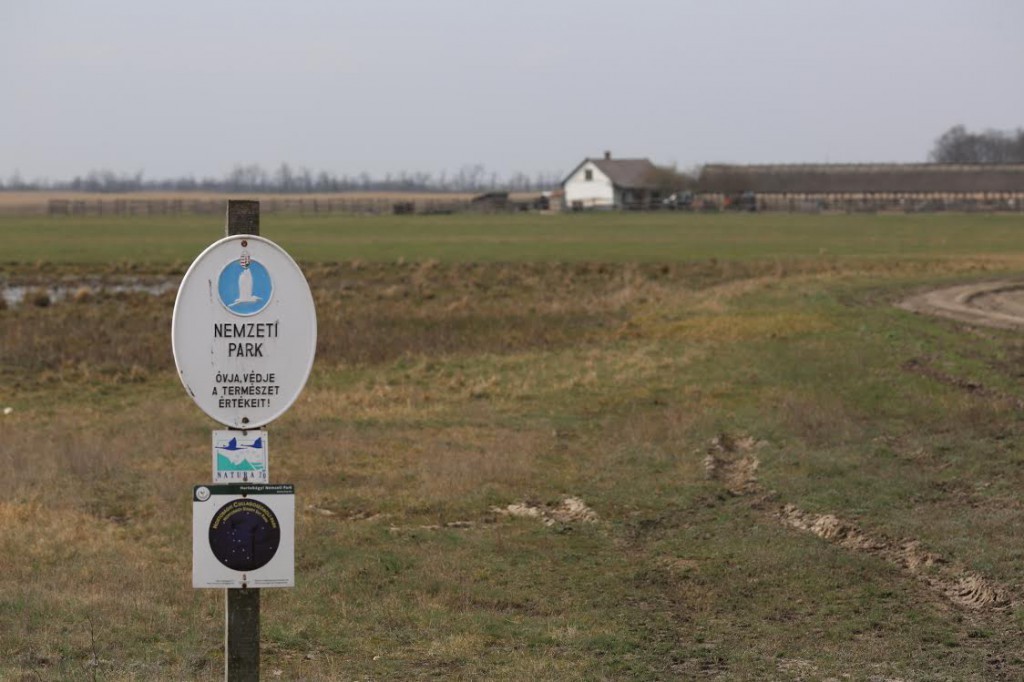The https://english.atlatszo.hu use cookies to track and profile customers such as action tags and pixel tracking on our website to assist our marketing. On our website we use technical, analytical, marketing and preference cookies. These are necessary for our site to work properly and to give us inforamation about how our site is used. See Cookies Policy
Preferential selection leaves valuable farmlands in decay
Tensions remain high in the Hortobagy region of Hungary, where government redistribution of farmland leases has crippled the livelihoods of established farmers, alongside what appear to be generous pay outs to political allies. Locals have initiated on a number of lawsuits against the newcomers, who they say are not even bothering to take proper care of the assets, rather focusing on picking up the related subsidies.
Many farmers in the Hortobagy region of Hungary remain aggrieved about losing the lands they have cultivated over many years. As Atlatszo.hu reported in depth previously.

Hungary’s government decided to redistribute the leases of valuable state-owned farmlands in the area, leading to several established farmers losing out. The licenses have gone to people with strong connections to the political elite, even though generally they have no background in agriculture.
The big attraction is that lease recipients also receive state subsidies for each hectare of land that they cultivate. Apparently, this money is paid even if no actual work is done.
A long-time local farmer complained to Atlatszo.hu that her business lost the larger part of its land allocation, only to see the areas go to a new owner, who doesn’t bother to perform even the most basic maintenance needed to maintain the viability of the land, to ensure it is a suitable grazing area for livestock. Now, they have no choice but to watch the land they only recently cultivated fall into decay, while they do not having enough resources to properly feed their own animals, since their reserves will eventually run out.
At least there are some consequences. Many of the newcomers to the areas – and the farming business in general – failed to fulfill basic requirements, and have not managed to build up stocks sufficient in size to meet the regulations. The complaints and lawsuits initiated by the locals have paid off, to some extent. The rules have been loosened, the leaseholders can now outsource to meet quotas, meaning they can involve the locals that have the stock but lack the land as a result of the new allocations. The farmer we spoke to said the landlord promised a share of the central subsidies in return, whether that will actually be the case remains to be seen. At least the cattle now have some grass to feed on.
However, there are yet others that don’t even bother to put in the minimal effort in managing their lands, there are large patches of heavily neglected farming areas all around, something we saw for ourselves on footage from our drone. Apparently they need not fear any inspectors nosing around, our sources say that the authorities often completely ignore what are clear violations of the original terms of the lease.

